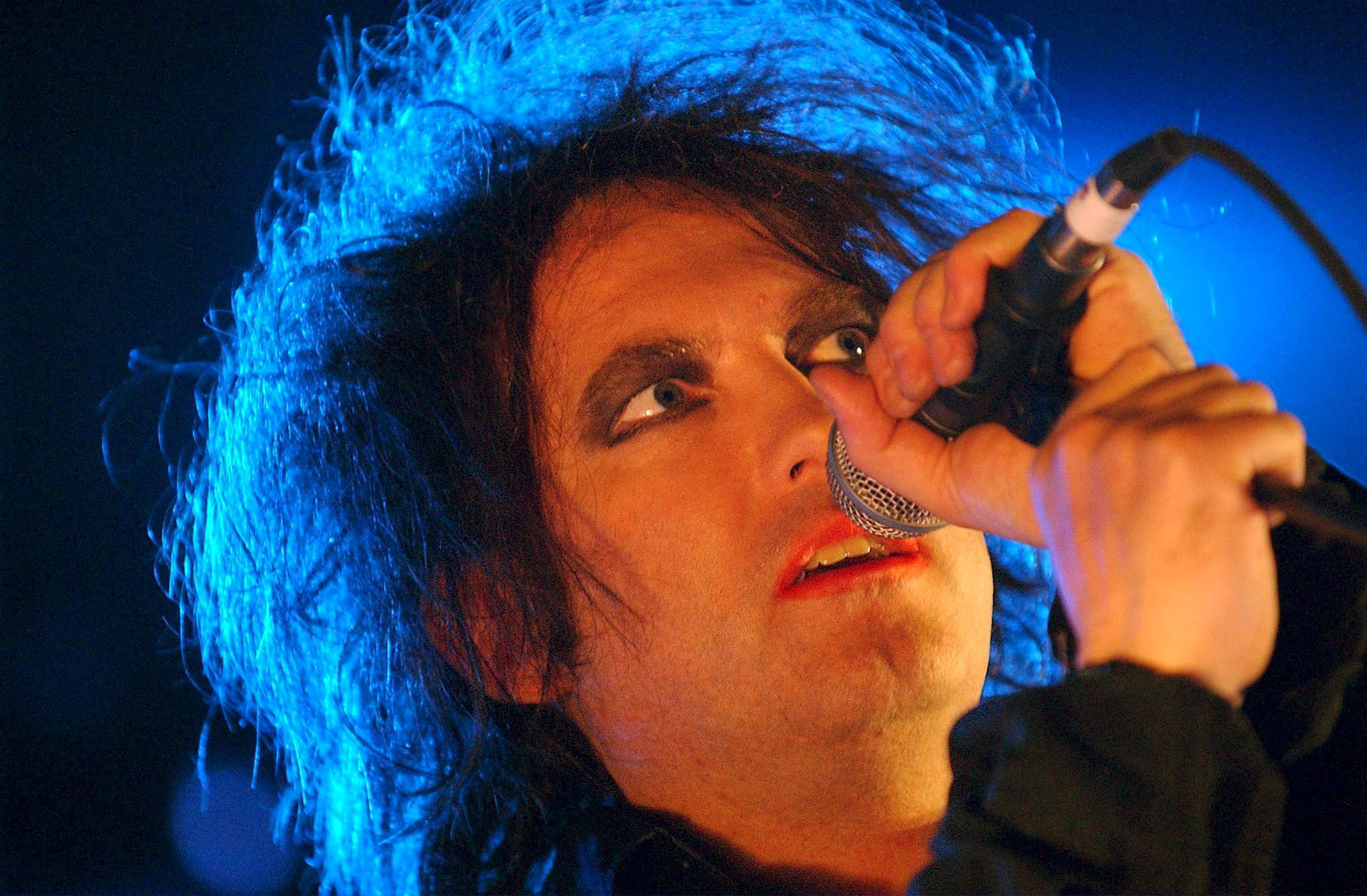Few bands have the opportunity to reach catharsis after 46 years on the road. Yet, that is exactly what Robert Smith achieved with Songs of a Lost World, The Cure's first album in 16 years, which had a prodigious purifying and liberating effect at its highly anticipated debut at the Troxy in London, with the initial restraint and the final delirium of over 3,000 fans fully devoted.
"It has been a tremendously cathartic album to escape from fate," acknowledged Robert Smith beforehand, who lost his father, mother, and brother in quick succession and felt that cosmic pang of loneliness with which he opened the concert, Alone, sealed with those agonizing lyrics that say it all: "This is the end of all the songs we sing..."
Replicating scrupulously the order of the eight tracks from the latest album, Smith and his remarkable band (Simon Gallup, Roger ODonell, Perry Bamonte, Jason Cooper, and Reeves Gabrel) created an intimate atmosphere for 50 minutes, with fans static and ecstatic in their seats, stirring only with Drone: Nodrone, the track injecting optimism into the songs of the "lost world."
I can never say goodbye is Robert Smith's poignant farewell to his brother Richard, and All I ever am is the mirror reflection of the 65-year-old musician who continues to sing with a voice that carries an eternal lament. Endsong could very well be his musical epitaph: "I remain alone with nothing, at the end of each song...".
Yet, something lingers in the air as the band exits the stage after 50 minutes, leaving their guitars like ghosts on stage. Something tells us that this is only the beginning and not the end. And The Cure's latest album (hailed by Rolling Stone as their best since Disintegration in 1989) effectively serves as a prelude to the eternal resurrection of rock.
Plainsong and Pictures of You set a new vital tone, Robert Smith emerges from his introspection and addresses the audience for the first time, prompting them to finally rise from their seats and start bouncing to In Between Days and Just Like Heaven. Following a string of 1980s hits (ten of them number one in the UK), a new introspective moment unfolds with five tracks from the album Seventy Seconds, yet something tells us once again that this cannot be the end.
And of course, they return, after nearly two hours of the concert, with a series of encores led by Lullaby, The Walk, and Friday I'm in Love (only sung on Fridays out of pure superstition). The climax arrives with the 31st song of the night, the same one that started it all, fiercely sounding as what it is, the post-punk "anthem" from 1979, the one that globally established the Crawley-formed band three years prior: Boys Don't Cry.
The cathartic effect is contagious, and the very Robert Smith - in his strict black gothic attire - asserts that the most healing aspect, after the agonizing process of giving birth to Songs of a Lost World, remains "that communal moment with the crowd", where all sorrows drown in a sea of raised hands.
"I am a different person than I was before making this album," he confessed this week, after another intimate concert at the BBC. "When you are young, you have a romantic view of death, you don't really know what it is. Suddenly you start feeling it closely and immediately within your own family, and everything is different. It's something I've been struggling with these years, how to put all of this into lyrics."
The Cure have lyrics and music ready for another album. "It's almost ready," Smith confesses. "And when we finish it, I can take a deep breath and think about what comes next." In an interview with The Times, the leader of The Cure envisions the finish line in 2028, "around the band's 50th anniversary, when I will have turned seventy."
